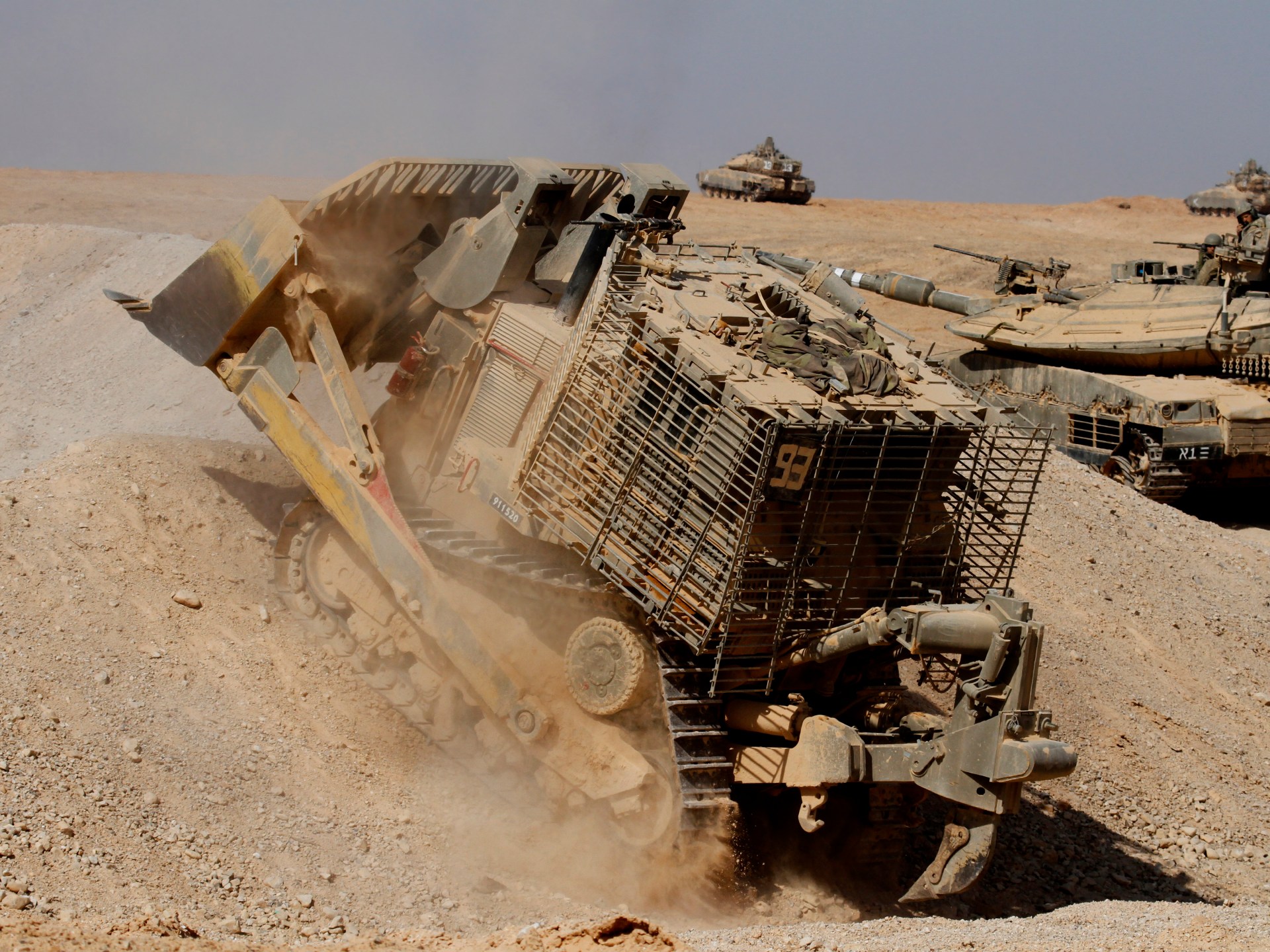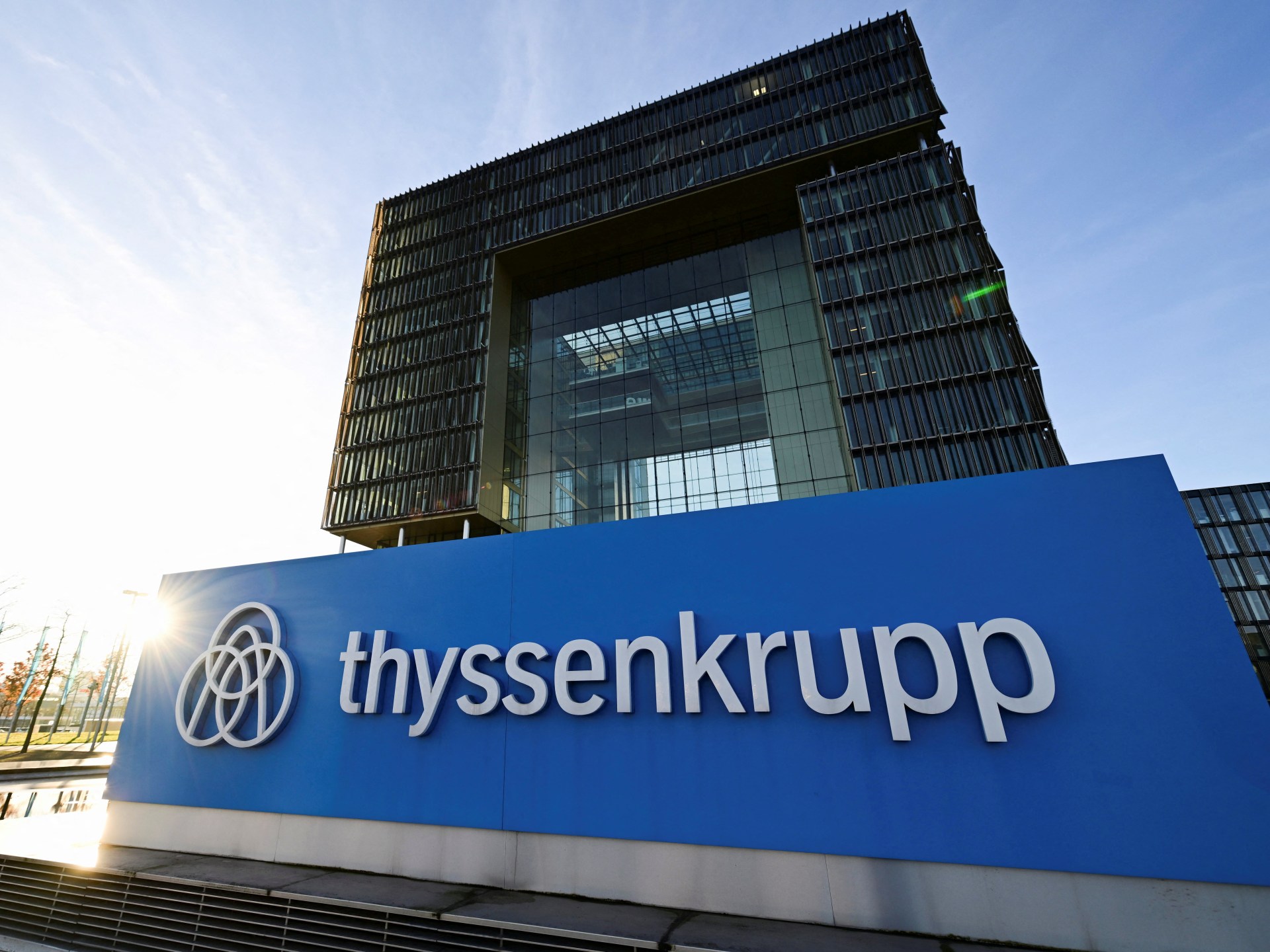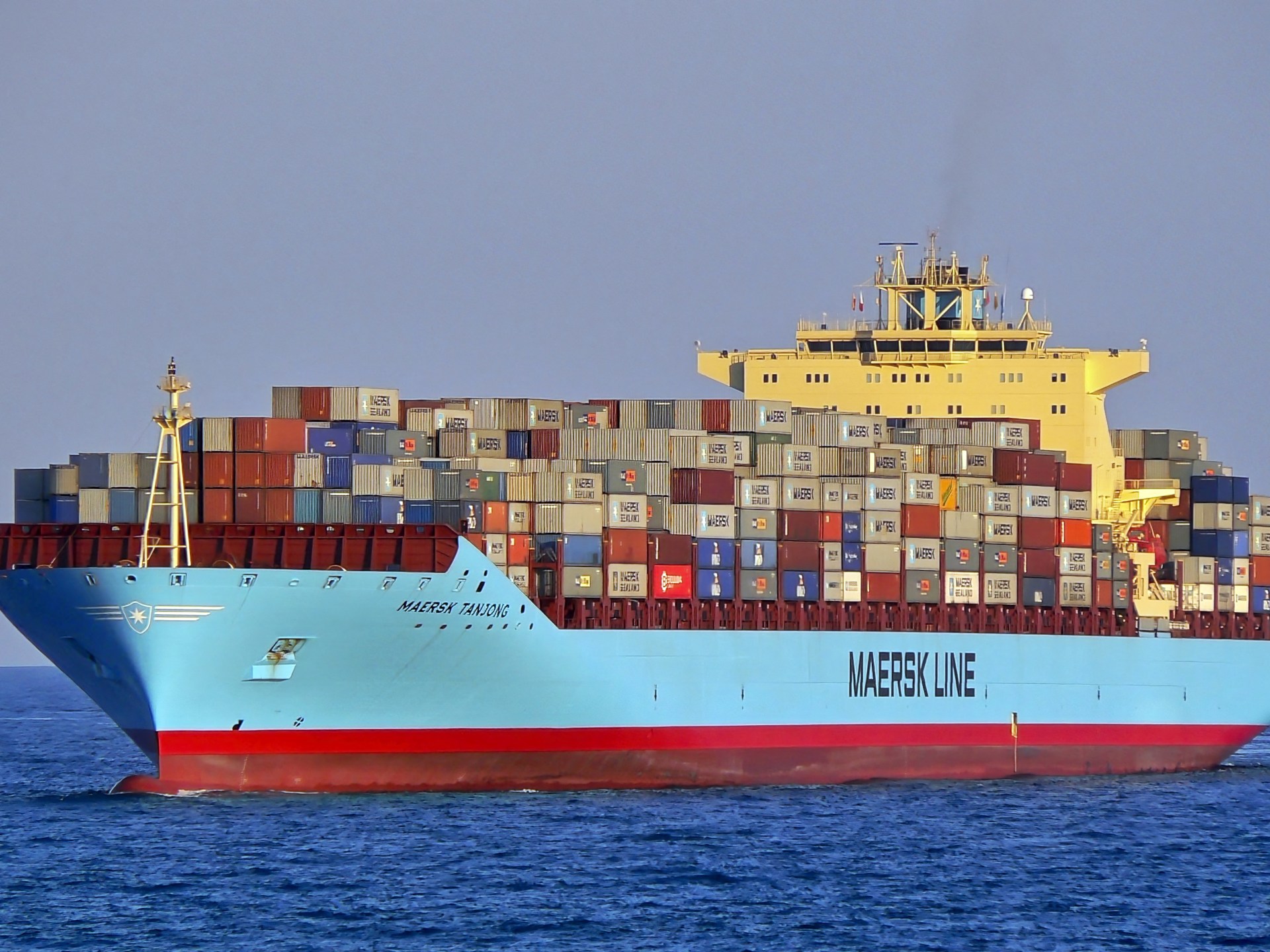Norway fund divests from US firm Caterpillar over Gaza, West Bank abuses | Gaza News
Fund said decision against Caterpillar and five Israeli banks due to their contribution ‘to serious violations of rights in situations of war and conflict’.
Norway’s $2-trillion wealth fund, the largest in the world, has divested from US construction equipment giant Caterpillar over the firm’s purported involvement in rights violations perpetrated by the Israeli military in Gaza and the occupied West Bank.
The Norwegian central bank said on Monday that it had decided to exclude Caterpillar from the fund, which it manages, “due to an unacceptable risk that the companies contribute to serious violations of the rights of individuals in situations of war and conflict”.
The fund also announced that it had divested from five Israeli banks, based on the recommendation of its council on ethics.
In a statement, the ethics council said that “bulldozers manufactured by Caterpillar are being used by Israeli authorities in the widespread unlawful destruction of Palestinian property”.
“There is no doubt that Caterpillar’s products are being used to commit extensive and systematic violations of international humanitarian law,” the council said.
It added that Caterpillar had “not implemented any measures to prevent such use” by Israeli authorities.
Prior to its divestment, the fund held a 1.17 percent stake in Caterpillar valued at $2.1bn as of June 30, according to fund data.
The five banks named in the fund’s statement were Hapoalim, Bank Leumi, Mizrahi Tefahot Bank, First International Bank of Israel and FIBI Holdings.
The ethics council said the banks excluded had, “by providing financial services that are a necessary prerequisite for construction activity in Israeli settlements in the West Bank, including East Jerusalem … contributed to the maintenance of Israeli settlements”.
“The settlements have been established in violation of international law, and their continued existence constitutes an ongoing breach of international law,” the council said.
Just last year, the International Court of Justice (ICJ) ruled that Israeli settlements built on Palestinian territory seized in 1967 should end “as rapidly as possible”, as they “have been established and are being maintained in violation of international law”.
Last week, 21 countries signed a joint statement condemning Israel’s plans to build an illegal settlement on a 12 sq km (4.6 sq-mile) tract of land east of Jerusalem known as “East 1” or “E1”.
The massive construction, which envisions 3,400 new homes for Israeli settlers, cuts off most of the occupied West Bank from occupied East Jerusalem.
Hailing the plan, Israel’s far-right finance minister, Bezalel Smotrich, said the extent of the settlement and its cutting into Palestinian territory would bury the possibility of a future Palestinian state “because there is nothing to recognise and no one to recognise”.
The Norwegian fund’s stakes in the five Israeli banks were valued at a combined $661m, according to fund data.
Caterpillar, Hapoalim, First International Bank of Israel and Bank Leumi did not immediately reply to emailed requests for comment by the Reuters news agency.
The fund had announced on August 18 that it would divest from six companies as part of an ongoing ethics review over the war in Gaza and the situation in the occupied West Bank, but declined at the time to name any groups until its stakes in the entities were sold.
The fund is invested in some 8,400 companies worldwide.


